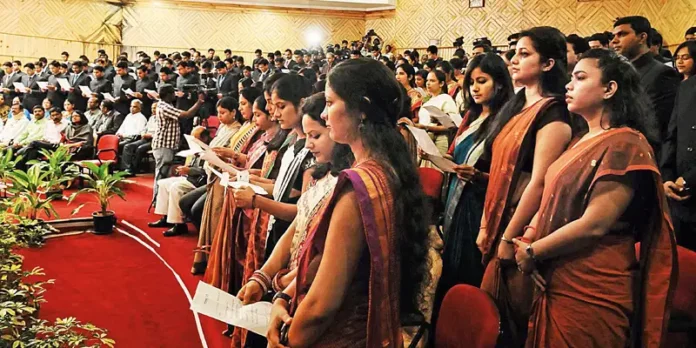The Union Public Service Commission (UPSC) Civil Services Exam, a gateway to India’s administrative services, has transformed over the years to address the changing demands of governance and public administration.
Increasing Complexity of Prelims
The Preliminary examination, the first major hurdle, has grown significantly in complexity. Once focused on straightforward subjects like history or governance, the exam now includes nuanced questions requiring an in-depth understanding of topics such as economic trends and international relations. For example, a recent Prelims paper asked candidates to analyze the effects of global trade policies on Indian agricultural exports, blending economic, international, and sector-specific knowledge.
The Civil Services Aptitude Test (CSAT), another key component, has also become tougher. The 2023 CSAT sparked controversy, with its difficulty leading to legal petitions. This trend highlights the UPSC’s demand for aspirants to think critically under stress.
Emphasis on Analytical Skills in Mains
The Mains exam has shifted from rote memorization to testing analytical abilities. Candidates now face questions requiring a deep understanding of various subjects, such as the implications of digital technology on national security. This reflects the UPSC’s goal of preparing future civil servants to tackle complex, real-world problems with well-rounded knowledge.
Focus on Ethical Governance
The inclusion of the ethics paper (General Studies IV) emphasizes integrity in governance. With initiatives like Operation Karamyogi, the government is committed to promoting accountability and ethical values among future bureaucrats.
Future Directions for the UPSC
As the exam evolves, the UPSC could adopt more digital platforms and introduce psychometric tests to assess aptitudes. Additionally, reducing the number of exam attempts may alleviate the psychological and financial burden on aspirants.
These changes reflect the growing complexity of governance, ensuring that future civil servants are equipped to meet modern challenges.











